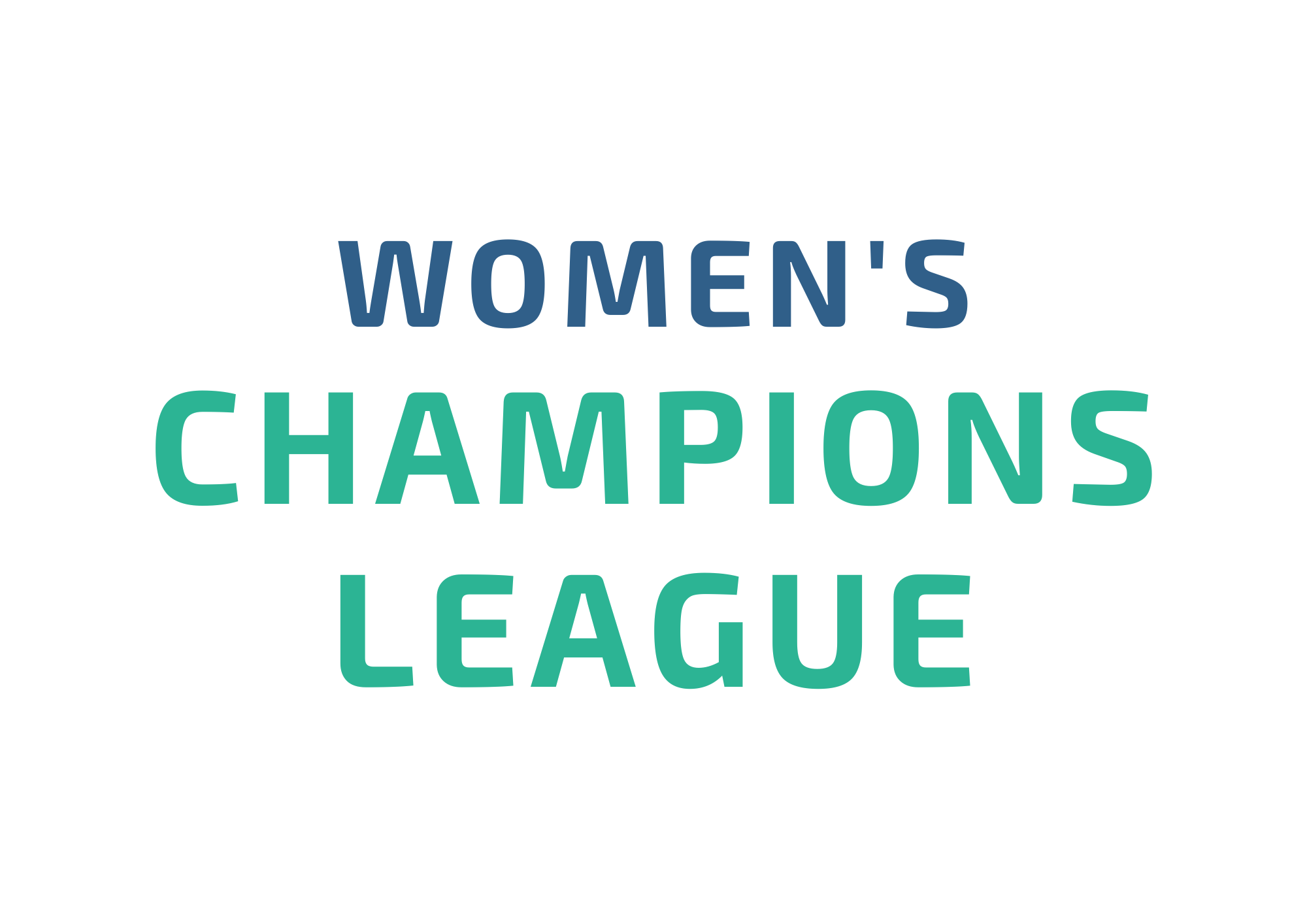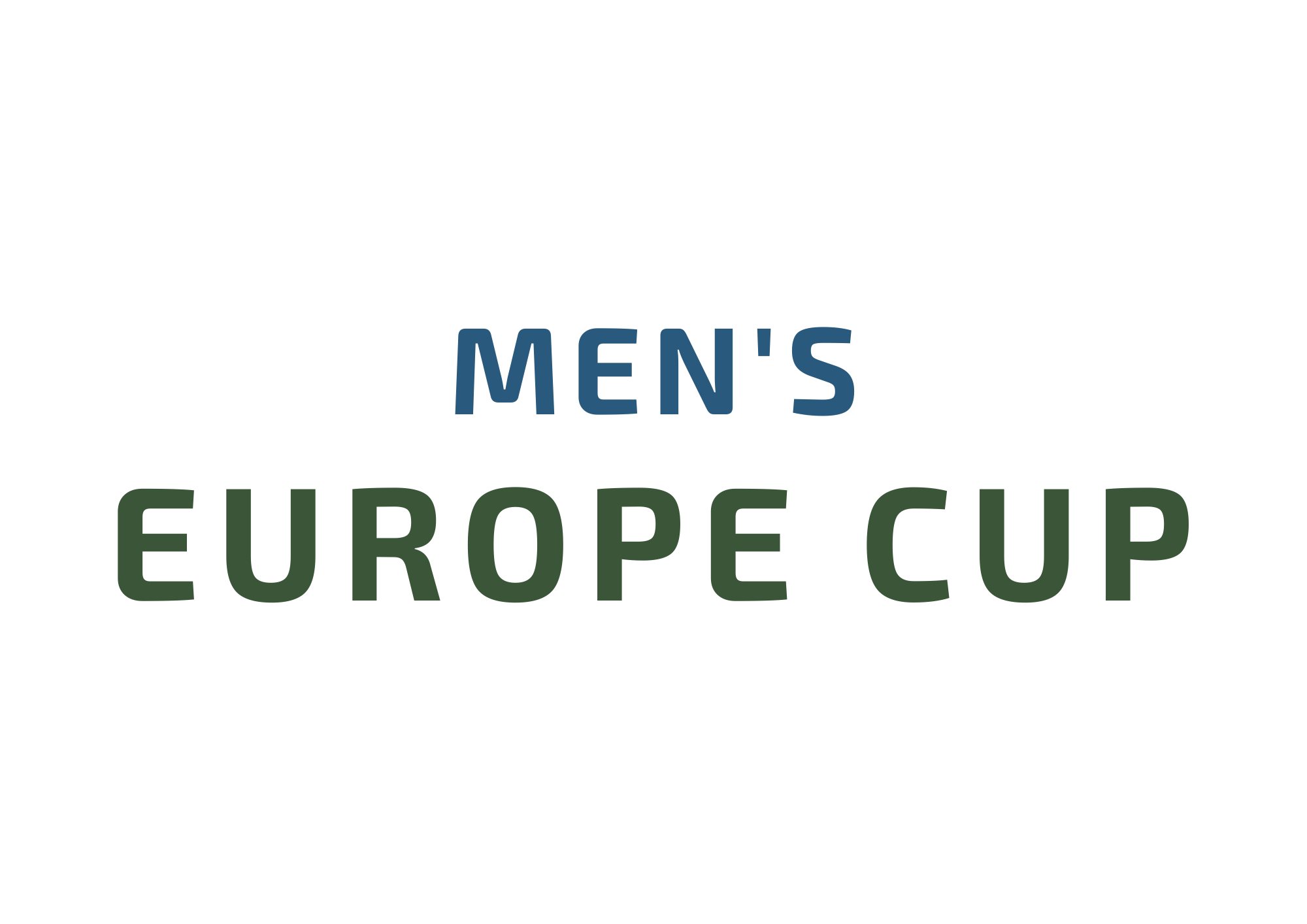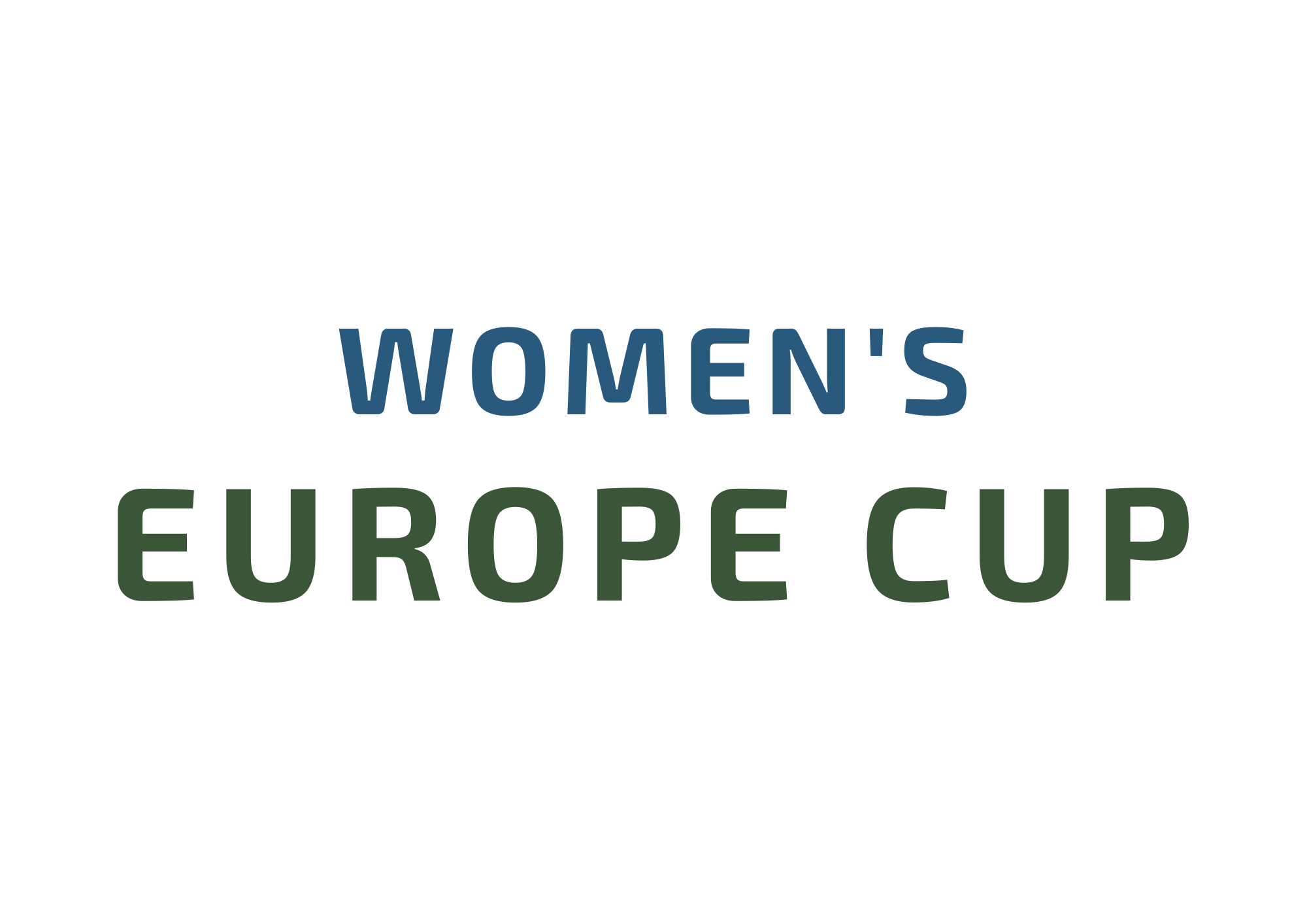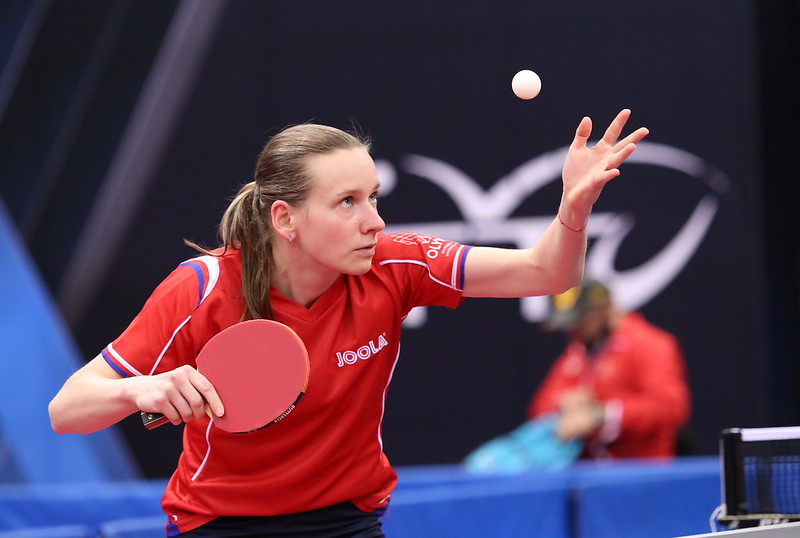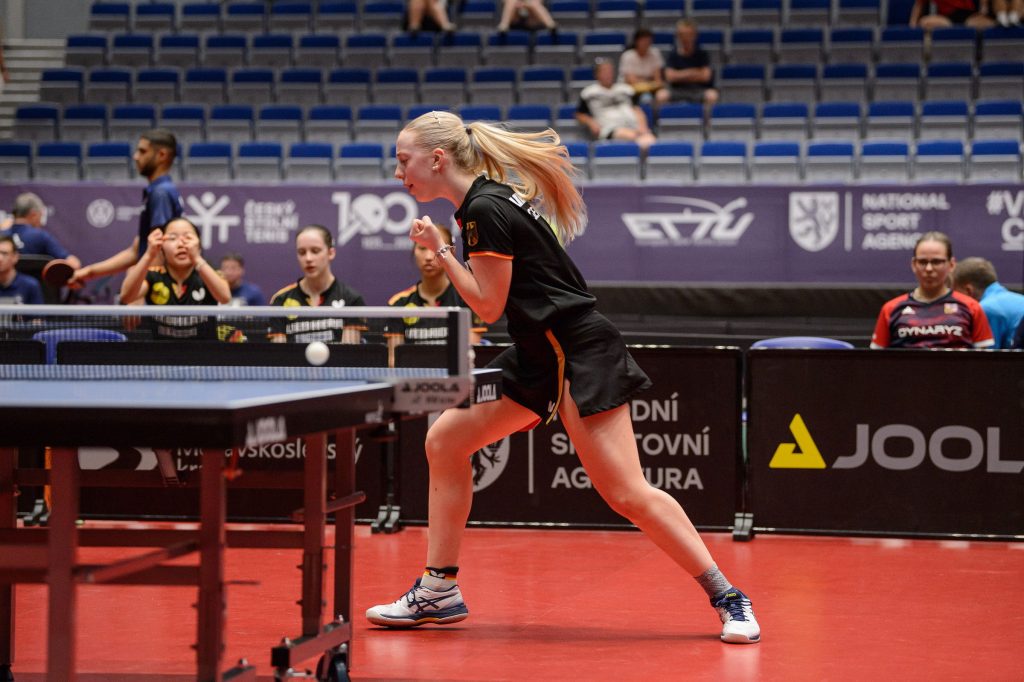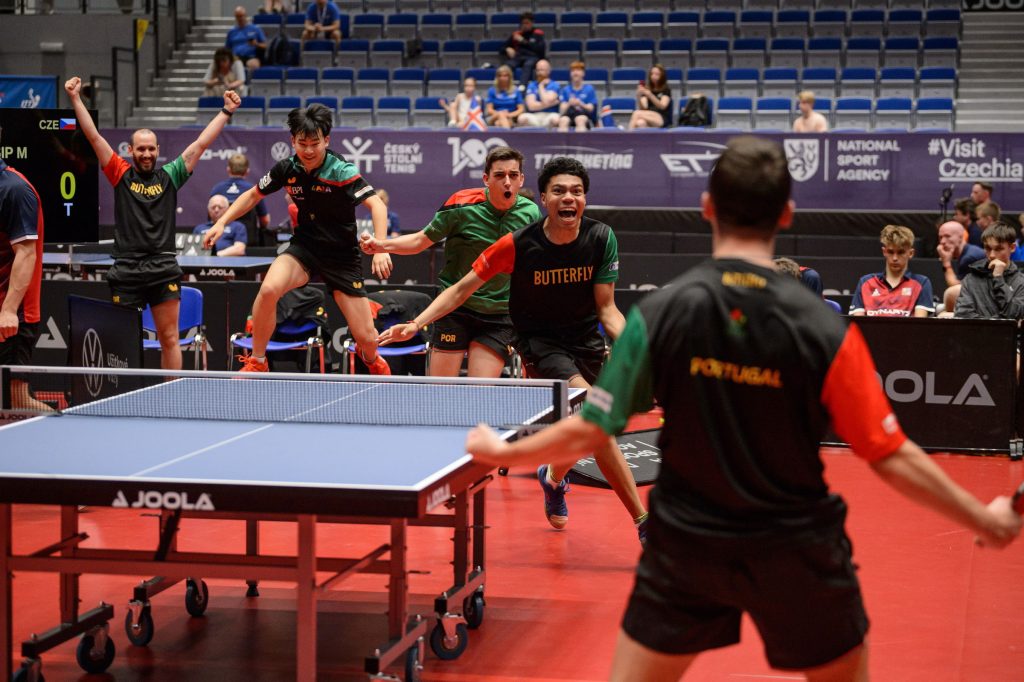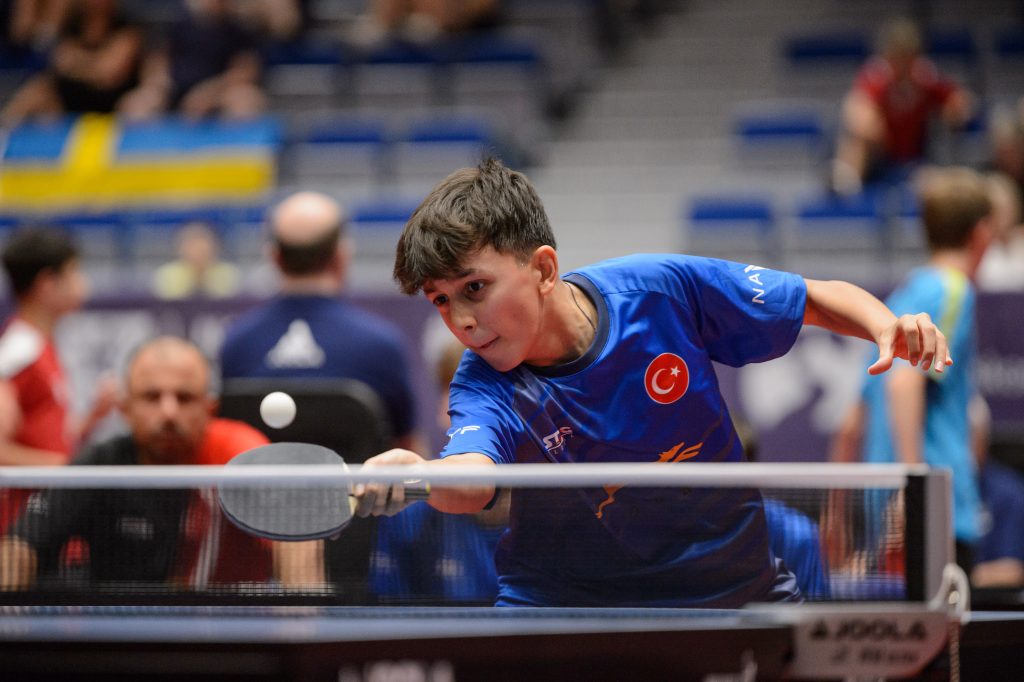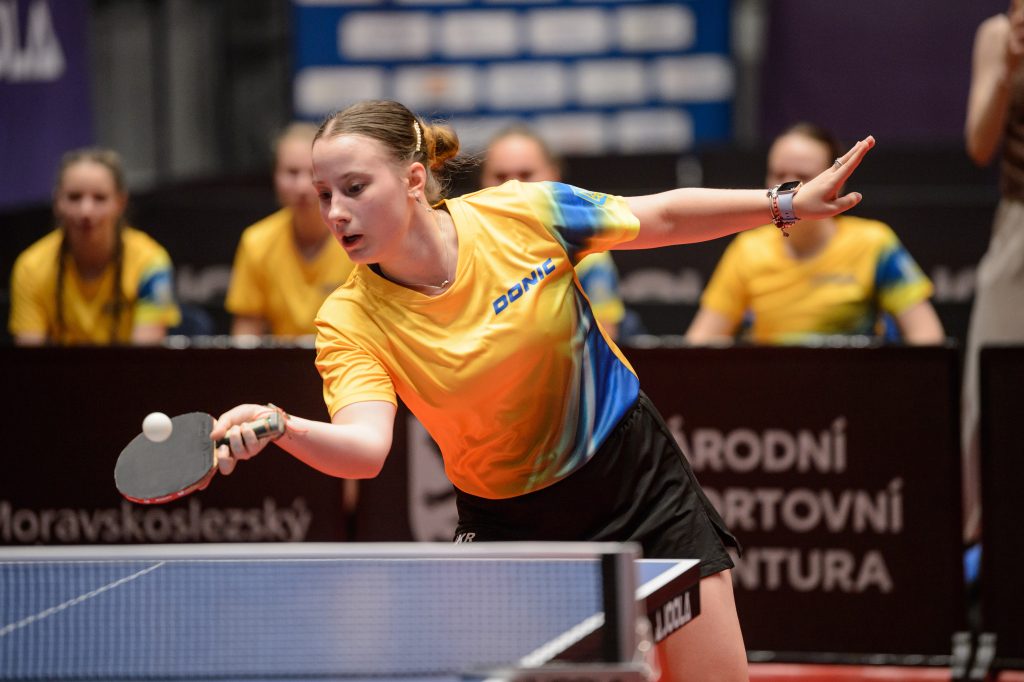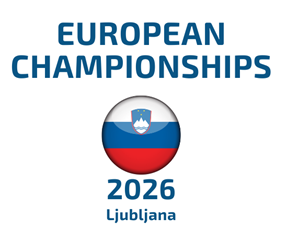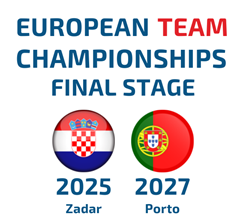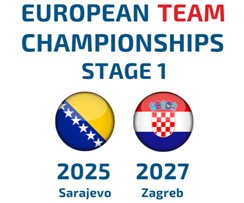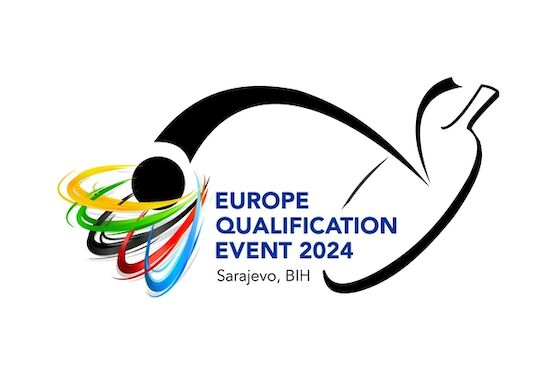European Olympic Singles Qualification will be held in Portugal’s city of Guimaraes on 21-25 April. A total of nine qualification places for the Tokyo 2020 Olympic Games will be available for the 36 male players and the 40 female players competing in the Men’s and Women’s Singles Event respectively.
Hosted and organised by the Federação Portuguesa de Ténis de Mesa under the authority granted by the European Table Tennis Union (ETTU) and International Table Tennis Federation (ITTF) five Olympic spots will be reserved for men while another four will be available for women.
The male player with the most Olympic experience at the Qualification event is Panagiotis GIONIS of Greece. GIONIS’ first Olympic appearance was in Athens 2004 and he also played at Beijing 2008 London 2012 and Rio de Janeiro 2016. In London and Rio de Janeiro GIONIS reached the Round of 32.
The list of the other Olympic stars who will compete at the Qualification event include Galia DVORAK who played for the first time at an Olympic Games at Beijing 2008 and she also was present in London and Rio.
Lithuanian player Ruta PASKAUSKIENE has the longest experience of the female athletes due to compete at the event. She played her first Olympic Games tournament in Atlanta in 1996 and she was also on duty in Sydney and Beijing.
The list of players with multiple Olympic Games experience are Paul DRINKHALL of Great Britain who played in London and Rio KOU Lei of Ukraine who competed in Rio and Beijing Mihai BOBOCICA who was present in Beijing and London. Finland’s Benedek OLAH who played in Rio Samuel WALKER of England who competed in Rio as well as Romania’s Ovidiu IONESCU.
In Women’s Singles Hana MATELOVA of Czech Republic felt the heat at Rio 2016 Mie SKOV of Denmark competed at London 2012 as well as Yana NOSKOVA of Russia whilst Slovakia’s Barbora BALAZOVA played in Rio and reached the round of 64.
In Portugal in the women’s event in phase one entries will be split into 10 groups. The top four seeded players will not play in the groups but will qualify directly for Stage 2. The winner and the runner up of each of the 10 groups will qualify for Stage 2 together with the 4 seeded players making a total of 24 players. After Stage 2 starting from the round of 32 both finalists will qualify for the Tokyo 2020 Olympic Games (the final match shall not be played).
The remaining 22 players from Stage 2 will continue into Stage 3 in a direct knock out draw of 32. The two finalists of the Stage 3 K.O. draw will qualify for Tokyo 2020 (the final match shall not be played).
The remaining 18 players from Stage 2 will continue into Stage 3 in a direct knock out draw of 32. The two finalists of the Stage 3 K.O. draw will qualify for Tokyo 2020 (the final match shall not be played). In addition the winner of the match between the losers of the Stage 3 semi-finals (men) will qualify for the Olympic Games.


